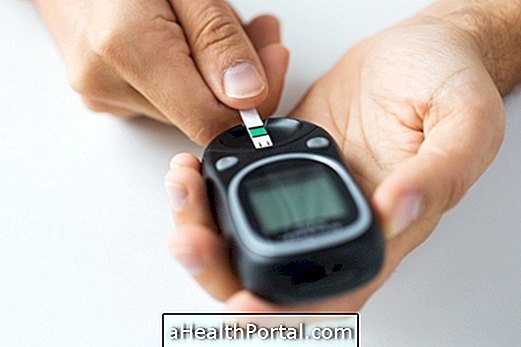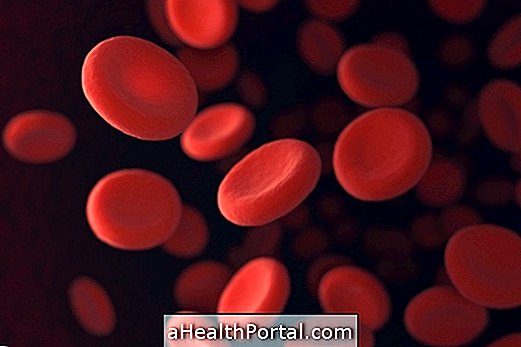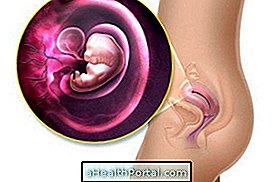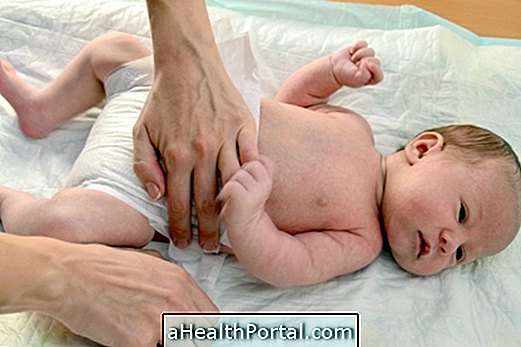Although in excess it can do badly, sugar is very important for all the cells of the organism, since it is the main source of energy used for the correct functioning of organs like the brain, heart, stomach and even for the maintenance of health skin and eyes.
Thus, when you have very low blood sugar levels, such as during a hypoglycemic crisis, the whole body is affected and definite complications such as brain injuries can even arise.
Here's how to act in a hypoglycemic crisis and avoid these complications.

Main consequences
The consequences of hypoglycemia include the onset of your symptoms that are dizziness, blurred, double or blurred vision, nausea and cold sweat, and if not treated quickly, a lack of energy in the brain can cause:
- Slowness of movements;
- Difficulty in thinking and acting;
- Difficulty performing what you were doing, whether it's working, operating a machine or driving and
- Fainting;
- Irreversible brain injury;
- Eat and Death.
Most often when correcting blood glucose as soon as symptoms of hypoglycemia are noticed do not have any sequels or negative consequences. Therefore, complications are more common in people who suffer from frequent hypoglycemia and do not adequately treat seizures.
Consequences in pregnancy
The consequences of hypoglycemia in pregnancy may be:
- Dizziness;
- Weakness;
- Fainting;
- Lethargy;
- Sensation of numbness;
- Mental confusion.
These consequences can occur when the pregnant woman does not follow all directions of the doctor and the symptoms of hypoglycemia become more and more intense until the good functioning of the brain is compromised, but usually when the woman consumes some food this quickly balances the levels of blood glucose and there are no severe sequelae.
To avoid hypoglycemia in pregnancy, it is advisable to eat every 2 hours giving preference to the consumption of foods with low glycemic index such as fruits in shell, whole grains, vegetables and lean meats, for example.
Consequences in newborns
The consequences of frequent neonatal hypoglycaemia may be:
- Difficulty learning
- Irreversible brain damage
- Eat, followed by death.
These consequences can be easily avoided, since it is enough that the baby is fed every 2 or 3 hours or take the medicines prescribed by the pediatrician in the right dose and at the right time.
Most infants who suffer from hypoglycemia do not have serious sequelae or consequences, and this is reserved for infants who are untreated and who suffer from frequent hypoglycemia.























